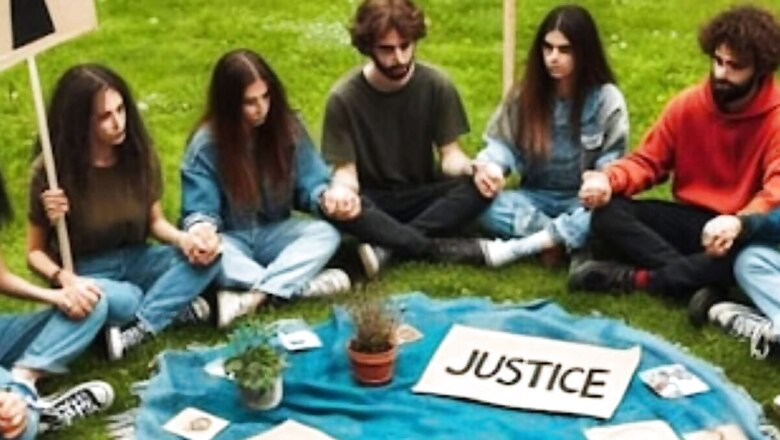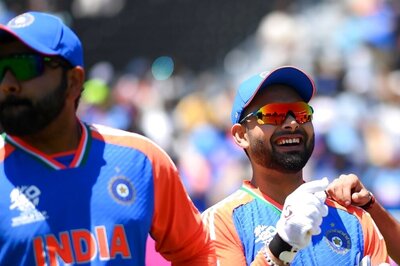
views
General knowledge questions form a significant part of every examination, whether they are SSC or UPSC Civil Services Exams. One such GK question is regarding the world’s longest hunger strike observed by many prominent people from India. This question was raised after Delhi’s water minister Atishi went on a hunger strike demanding Delhi’s water share from Haryana. Hunger strike has been one of the forms of nonviolent protest for a long time. This space articulates the hunger strikes observed by many Indian revolutionaries and activists including Irom Sharmila.
1. Irom Chanu Sharmila
Sharmila had kept a 16-year-hunger strike against the draconian security law Armed Forces Special Powers Act. The veteran activist started her fast on November 5, 2000, and opened her fast on August 9, 2016, by tasting honey in front of journalists in a local hospital. Irom Chanu Sharmila has been called world’s longest hunger striker.
2. Amar Shaheed Bhagat Singh
Bhagat Singh and his fellow revolutionary Batukeshwar Dutt initiated a hunger strike on June 14, 1929. Both revolutionaries demanded that they be treated like political prisoners and get newspapers, good food and other facilities. Their hunger strike lasted for 116 days.
3. Jatin Das
Revolutionary freedom fighter Jatindra Nath Das, also known as Jatin Das, was arrested by the British on June 14, 1929, in connection with the Lahore Conspiracy Case. He died in prison after a 63-day hunger strike. Jatin Das was tortured brutally in the prison with a tube trusted in his nostrils down the food pipe.
4. Mahatma Gandhi
Mohandas Karamchand Gandhi, also known as Mahatma Gandhi, fasted for 21 days in his detention in 1943 over disturbances caused during the Quit India Movement. Gandhi had described fast as a great weapon in the armoury of Satyagraha. He undertook this form of protest at least 20 times during the Independence movement.
5. Sonam Wangchuk
Climate activist Sonam Wangchuk remained on a 21-day hunger strike in Ladakh. Wangchuk demanded statehood for Ladakh and his inclusion in the 6th schedule of the Indian constitution. The 6th schedule comprised the provisions related to the administration of the tribal areas in Assam, Meghalaya, Tripura and Mizoram via autonomous district councils.
Stay ahead with all the exam results updates on News18 Website.




















Comments
0 comment